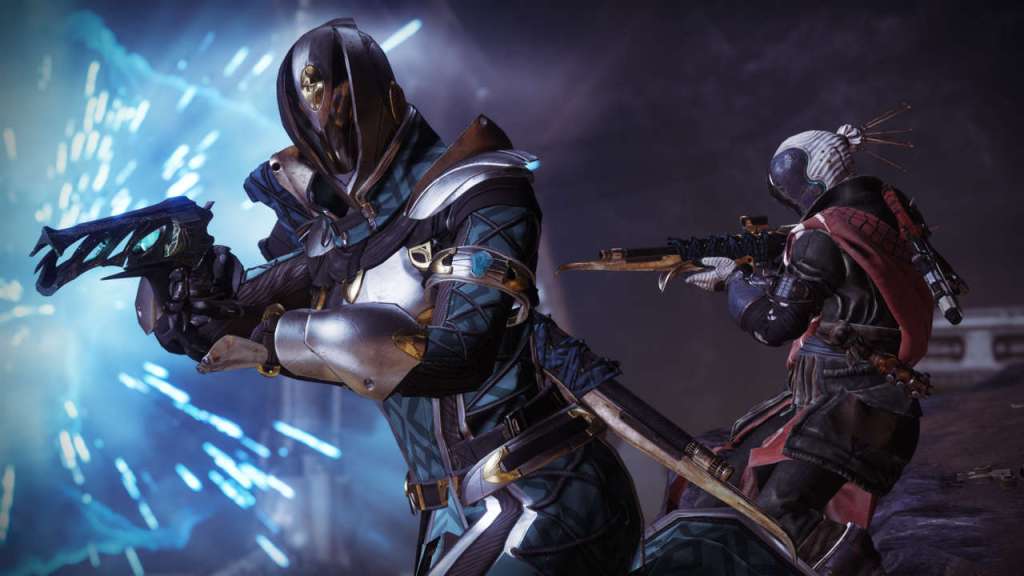Activision Blizzard has revealed that it’s laying off 8 percent of its workforce, roughly translating to 800 employees. In an earnings call, the publisher stated that this huge round of layoffs is the result of underperformance in Q4 2018 and an unpromising first half of 2019. Activision COO Coddy Johnson explained in an earnings call that this decision was…

Atlas is an action-rpg with rogue-like elements where you use your ability to control the ground to fight the enemies and move through procedurally generated worlds.










